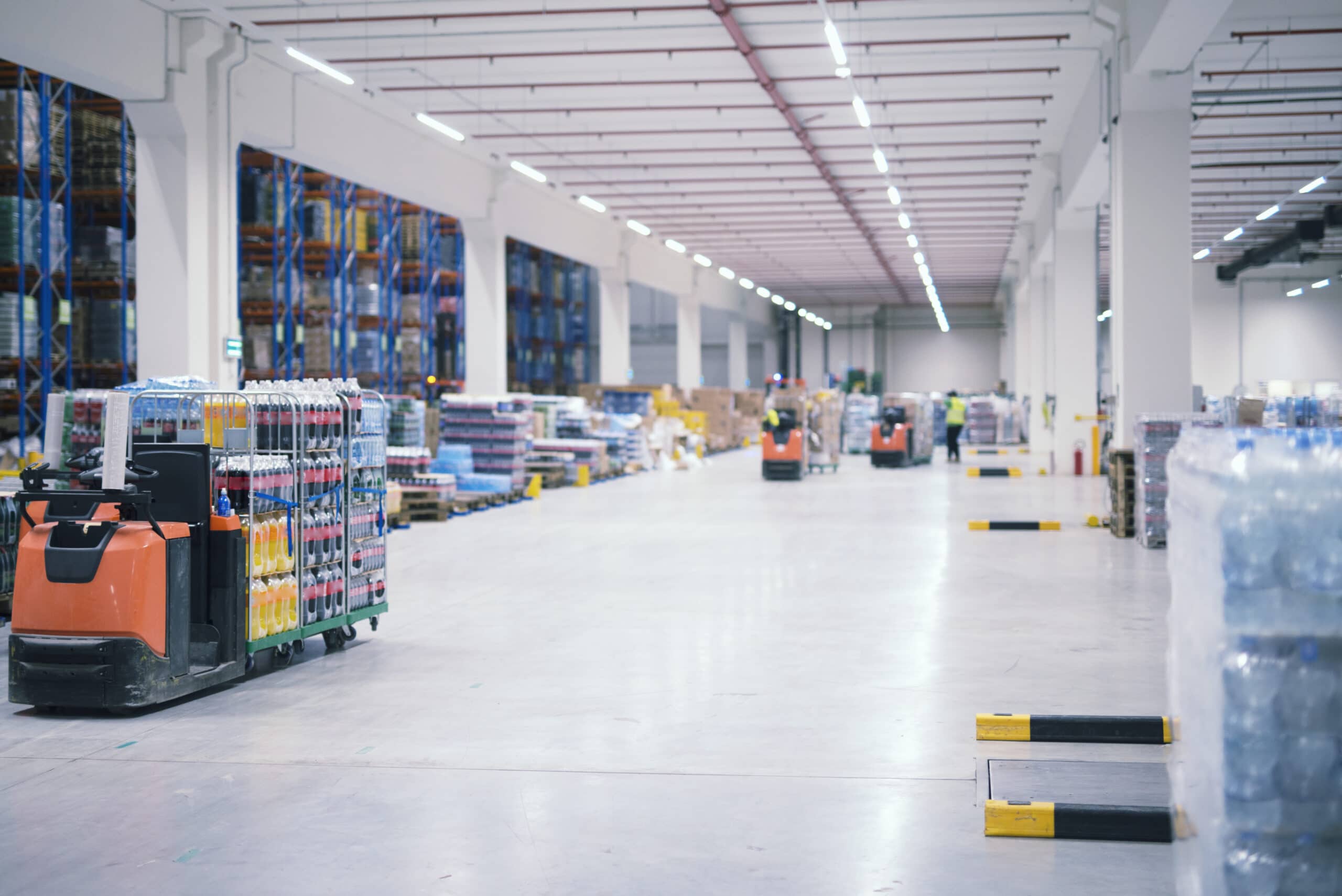
Supply Chain Issues Present Opportunities For Businesses To Work Together
When growing up, I remember going into K-Mart (you remember them?) and being amazed at the amount of merchandise in one place. While my primary goal was looking for baseball cards, there was literally something for everyone in that place.
Wal-Mart came along and took the large amount of merchandise in one place to another level. Since then, Home Depot and Lowe’s, Bed Bath & Beyond, Marshall’s, T.J. Maxx and others have taken the concept of large amounts of merchandise under one roof to incredible levels. Small businesses have also benefitted from access to huge amounts of inventory and many have built their business model on custom ordering for their clients.
A year and a half ago, we were scattering around trying to find paper towels and toilet paper at the onset of the pandemic … and perhaps this was the first time that many consumers were introduced to the concept known as the supply chain. Right or wrong, consumers grew increasingly concerned that these commodities (along with hand sanitizer, wipes and other disinfectants) wouldn’t be available, so they bought in bulk and hoarded to the point of product shortages.
Our dependence on foreign-produced goods exposed a flaw in how we get everyday items from there to our stores’ shelves. Little did we know that this would be the beginning of supply chain issues that we are dealing with today.
Yes, stores began returning to ‘normal’ late last summer and fall, but the foundation was set for more challenges in getting products from overseas manufacturers. Remember, in my last column I wrote about a shrinking labor force that hasn’t been seen in this country’s history … men in the prime working years of their lives aren’t working; women leaving the workforce at levels never seen before. Service jobs, retail jobs, manufacturing jobs, labor jobs … all going unfilled. And, on top of the lack of workers are mandates for vaccinations at multiple levels. So, container ships fill the harbors on the west coast waiting to be unloaded, but trucks and truckers are increasingly hard to find.
Here at home, Granbury and Hood County businesses are feeling the effects of supply chain issues. From automobile dealers and repair services to restaurant, grocery and home improvement businesses, a reduced amount of available inventory is making for one of the most challenging times in our history.
Oh, and let’s not forget that the Christmas season is upon us, and many businesses large and small depend heavily on this time of year to help them be successful. So, on Nov. 17, the Granbury Chamber of Commerce has set up a panel discussion on supply chain Issues in Granbury.
While we may not be able to solve the problem, the Chamber wants to have a dialogue where businesses could potentially help each other. You can learn more about this program (in person and/or online) by going to our website at granburychamber.com. We know that the supply chain issues aren’t going to go away overnight, so the Chamber hopes to build a narrative that helps our members’ businesses grow and get better.
